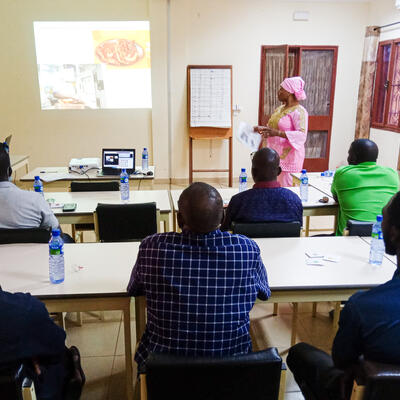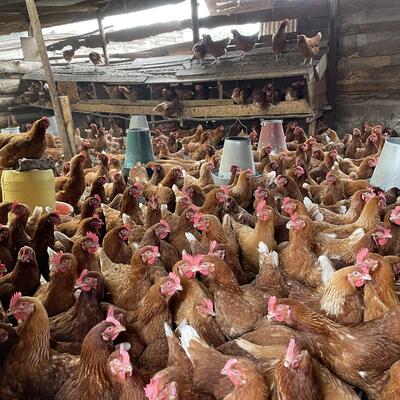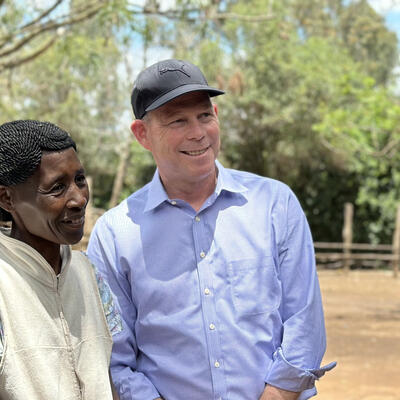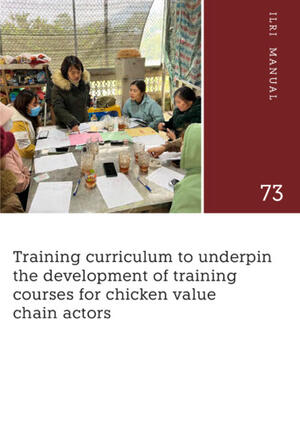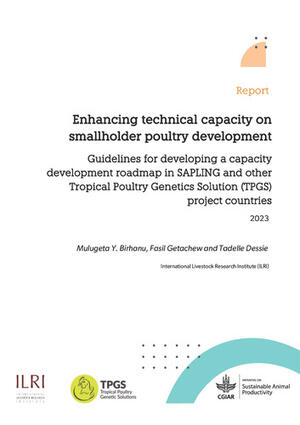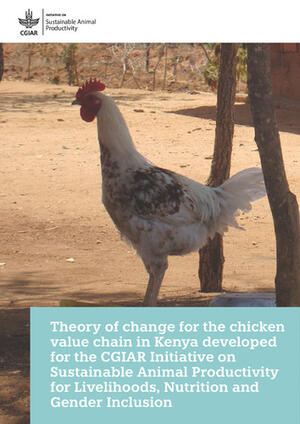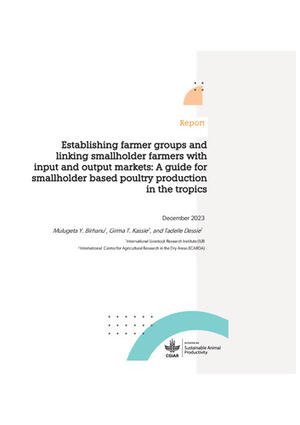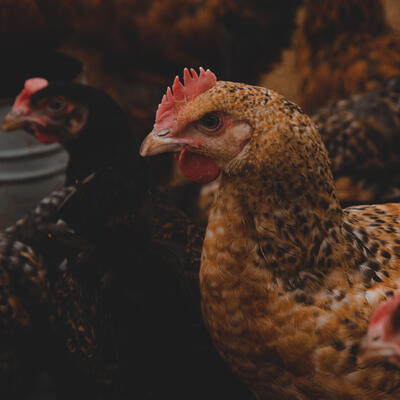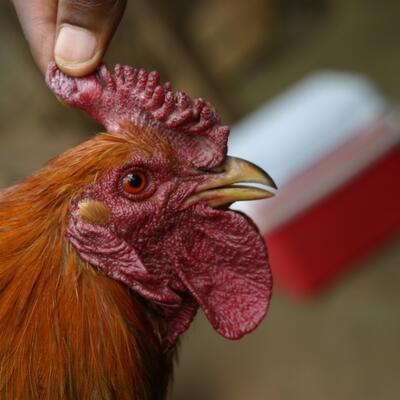
Nourishing change: Unveiling the crucial role of men in family nutrition
Upon returning home, a father brings with him a chicken and suggests to his wife that it be prepared for dinner. However, she has recently learned that her community needs an increased consumption of red meat to elevate protein and micronutrient levels in their diets. Faced with this dilemma, she feels compelled to comply with her husband's preference.
The existing community gender norms represent men as the breadwinners and decision-makers, while women have weak participation in household decision-making on topics including nutrition objectives. Interventions to enhance nutrition are mostly targeting women, thus unfortunately, this setup leads to men determining family diets without sufficient nutritional knowledge.
‘We need to involve men in nutrition interventions with a gender lens to understand how local conceptions of masculinity and femininity affect the roles household members take in supporting the family's food and nutrition security. This will enhance children's access to nutritious diets, especially animal source foods (ASF), and foster gender-equal relations within households,’ said Alessandra Galiè, ILRI Gender Team Leader.
In 2023, ILRI's scientists, Alessandra Galiè, Emily Ouma, and Humphrey Jumba, alongside other gender and nutrition experts, published findings in their paper, Gender roles and masculinities in leveraging milk for household nutrition: Evidence from two districts in Rwanda. The article is a part of a special issue in Elsevier’s Food Policy journal, **Dairy Development and Nutrition in the Developing World. Discovering these trends about gender differences and discrepancies will create a crucial impact on nutrition levels and increasing gender equality in African household and community levels.
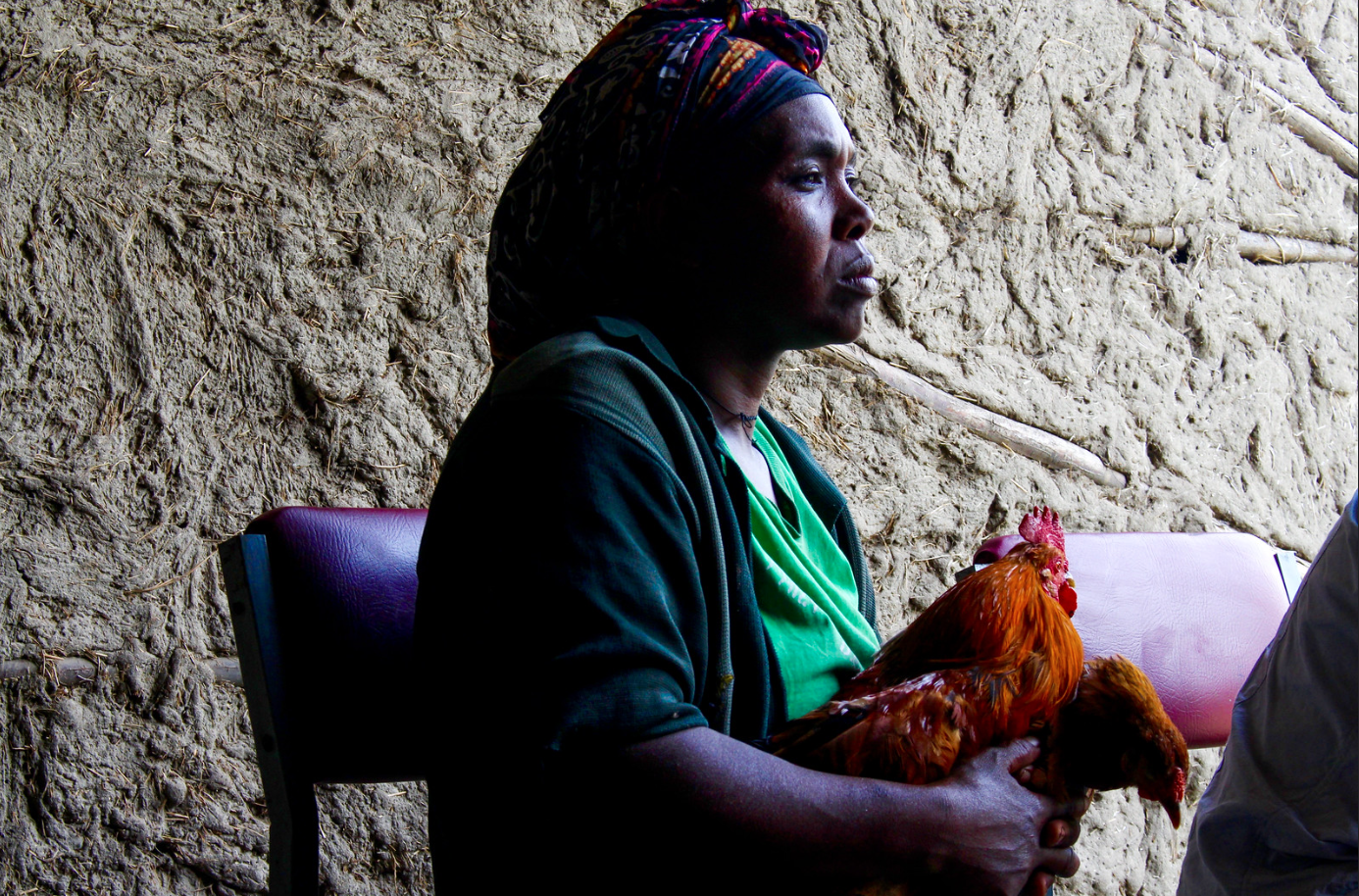
Current gender responsibilities are influenced by historical norms:
- Because women are in charge of preparing food, nutrition interventions only train women.
- Men typically provide the food and women prepare it. Women have a difficult time implementing the nutrition tips learned at trainings because they have no say on what food is purchased. This often results in low consumption of ASF.
- During financial shortages, men purchase ugali with fish, meat, or eggs, while women and children eat vegetable-based meals. In surplus times, men prioritize their personal ASF consumption.
- Men who show more equitable nutrition behaviors may be scorned by the community as being ‘poisoned’ by their wives because local restrictive gender norms don’t normally associate nutrition and masculinity together.
- Women would appreciate their husband’s support on issues related to nutrition, they however, want to keep and increase their decision-making power about food preparation.
- Men would feel comfortable attending training on nutrition if their masculinity is not questioned. This would entail training delivered by high profile nutrition experts.
However, these norms are changing where communities are praising healthy families, which acts as a positive reinforcement for both genders. The role of men's ability to care for their families' health is gaining importance, and many women endorse this view. These changes in mindset can lead to improved gender norms and access to animal source foods.
Community-proposed solutions to address gender gaps include:
- Men accompanying women to child growth monitoring sessions for joint parental education.
- Increasing men's education on hygiene in ASF value chains, including cleaning milk bottles and boiling milk.
- Involving village elders, trained in maternal and child nutrition, in teaching men.
- Sharing real-life testimonies with men to inspire nutrition awareness and dietary changes.
Gender roles play a heavy role in the nutrition decisions in family households. Traditionally, men have often assumed decision-making responsibilities on food purchases without adequate nutritional knowledge. To address this, fostering men's active involvement in nutrition interventions can help evolve societal norms for healthy families. This can be through emphasizing joint parental education, hygiene awareness, and leveraging community leaders for effective change. Ultimately, empowering men with the knowledge and agency to make informed nutrition decisions can lead to healthier households and contribute to advancing gender equality on both individual and community levels.








